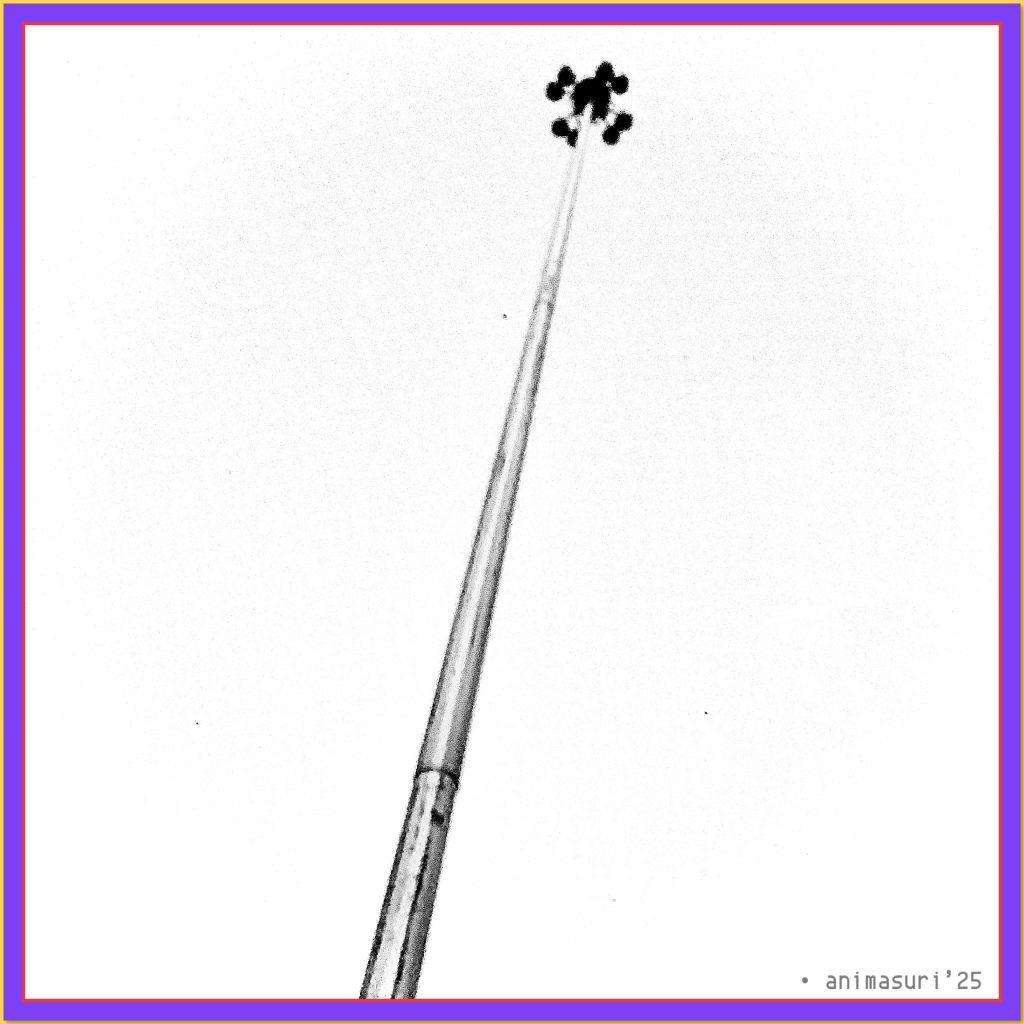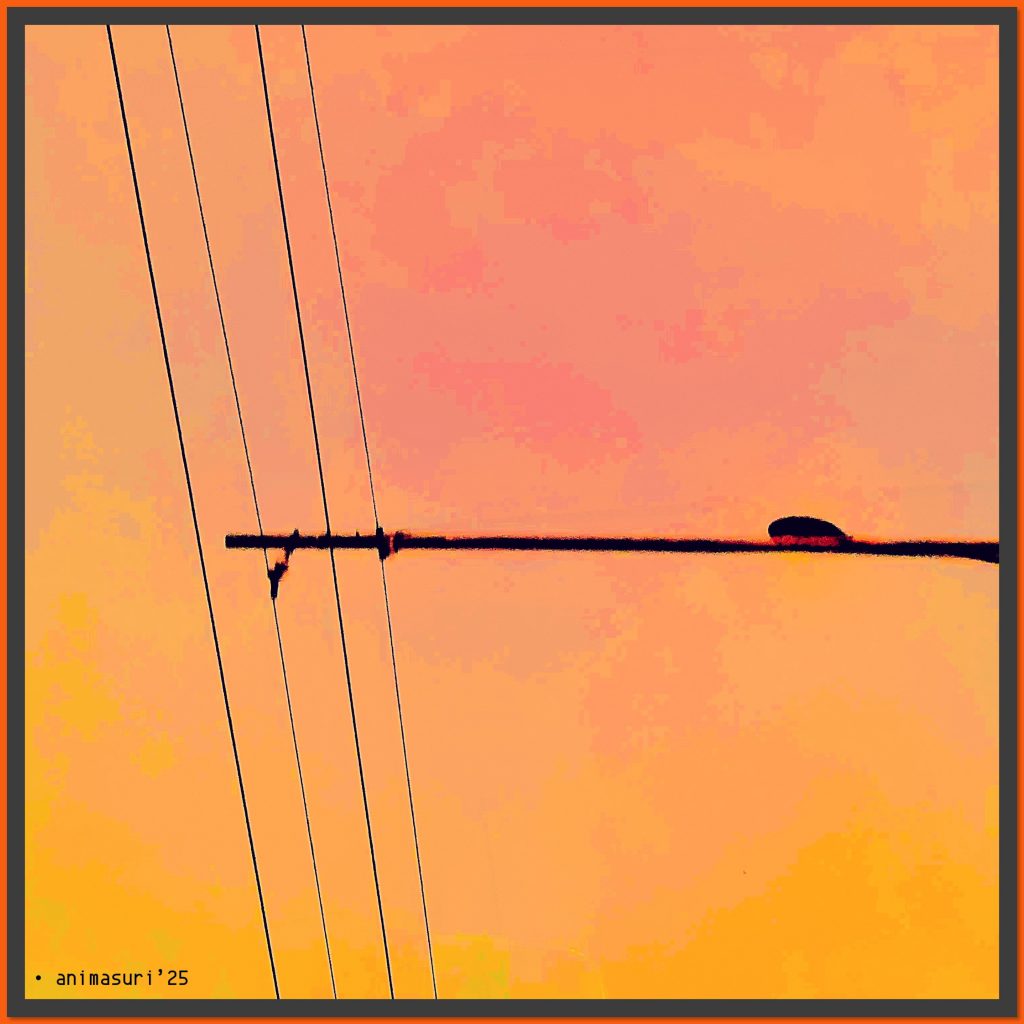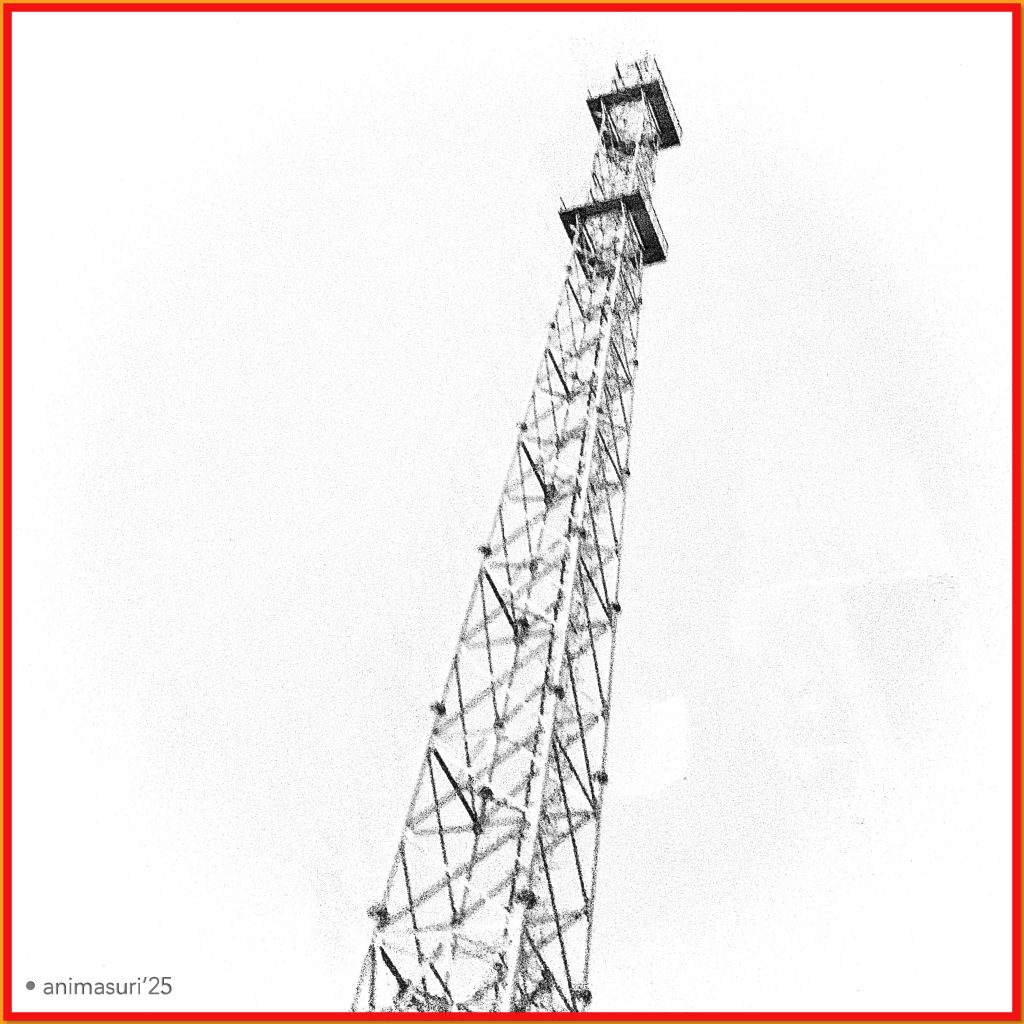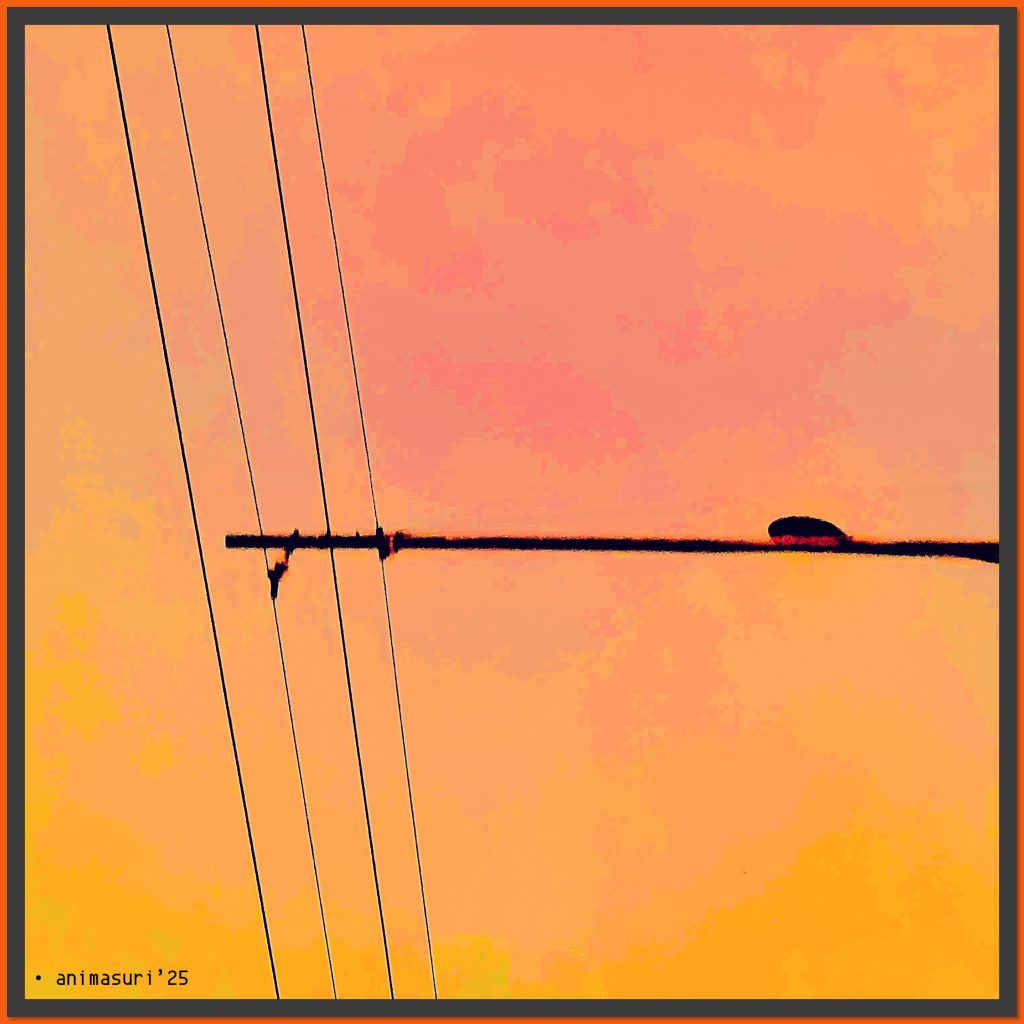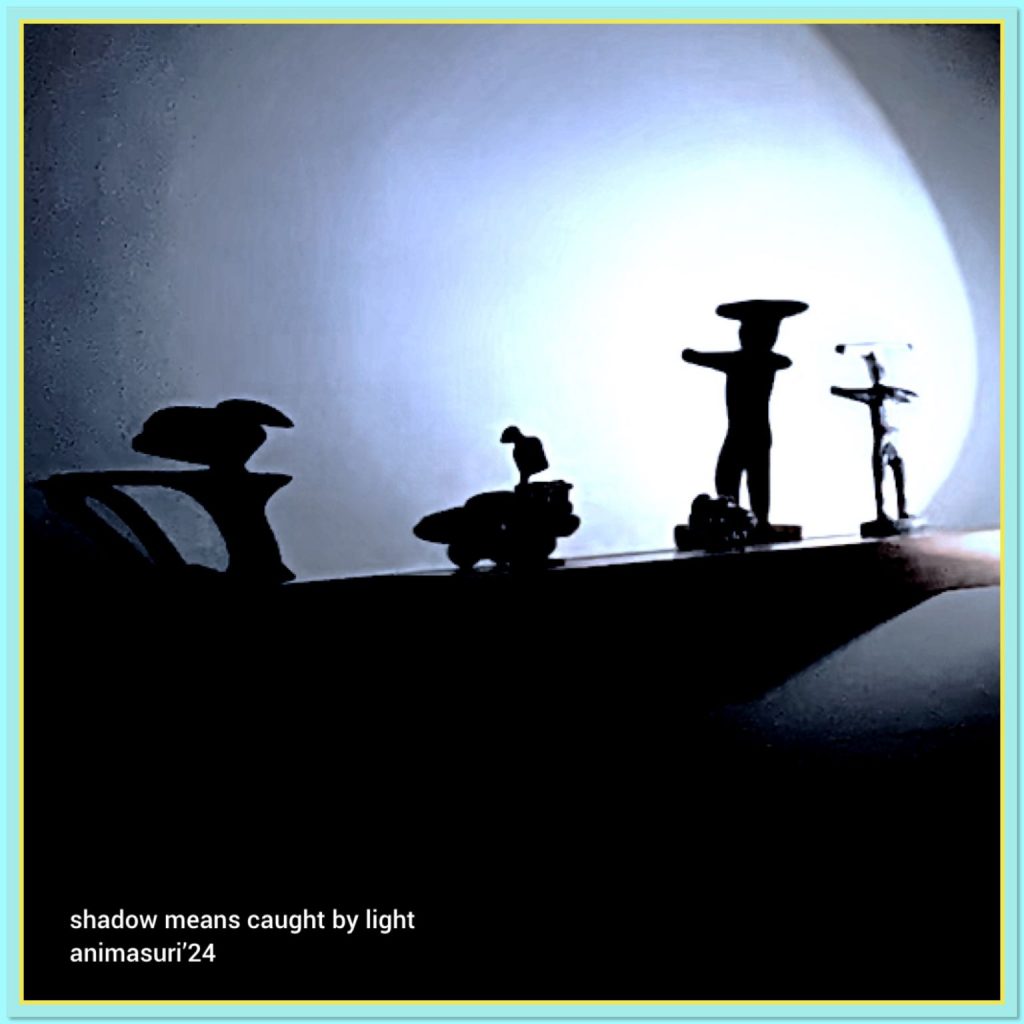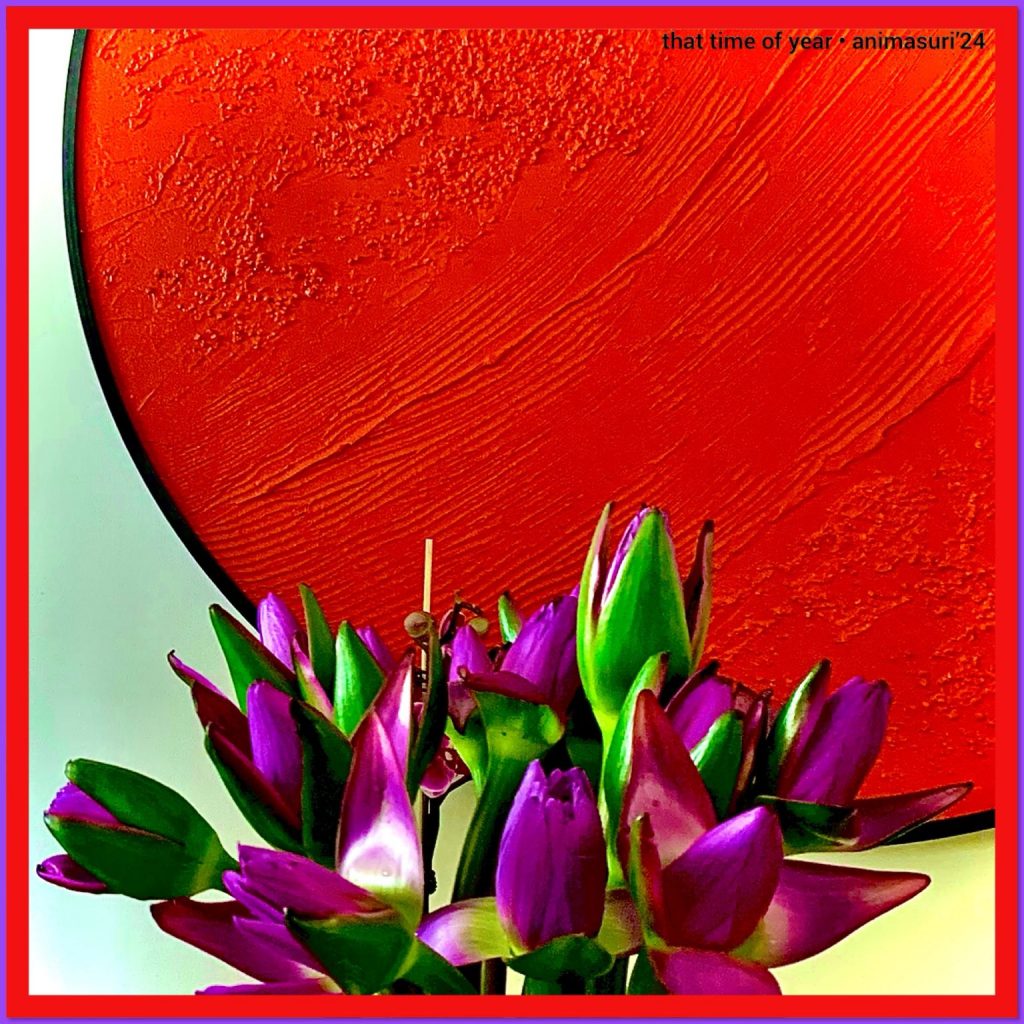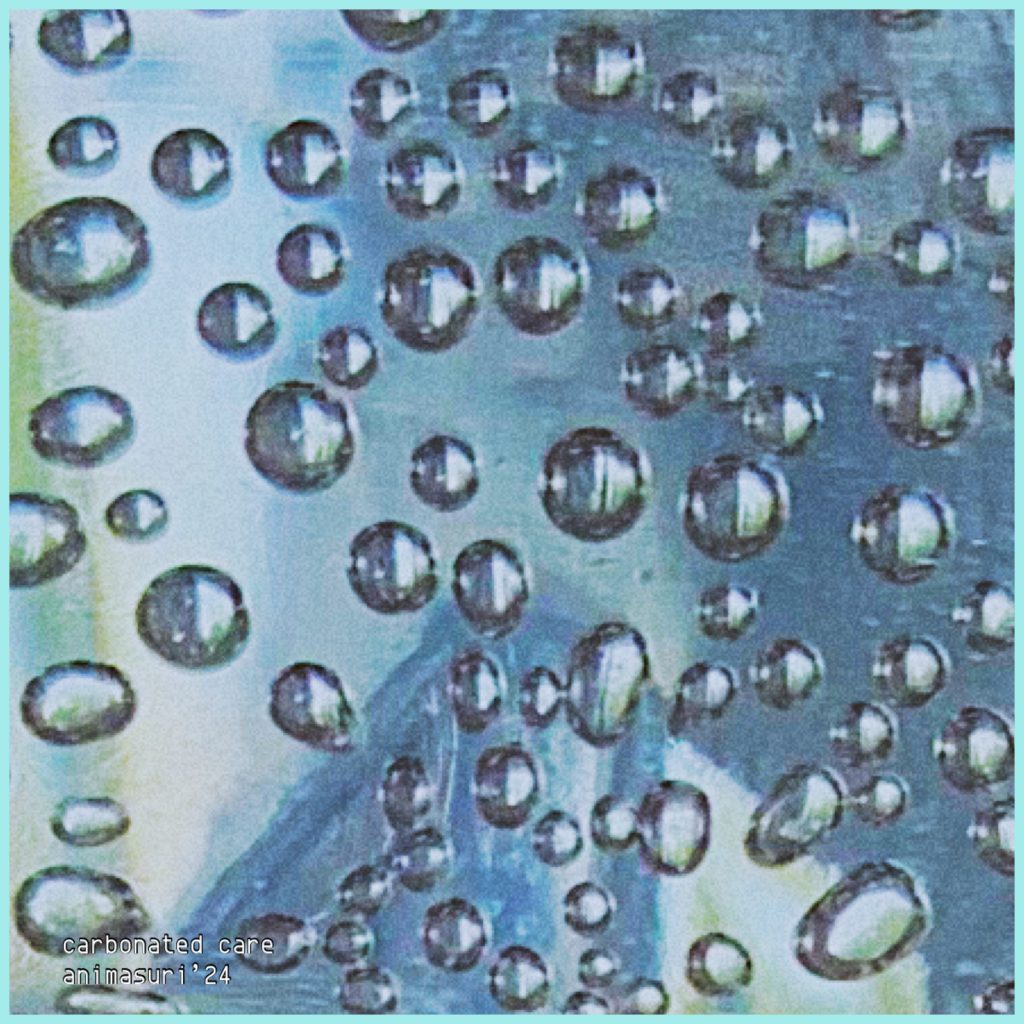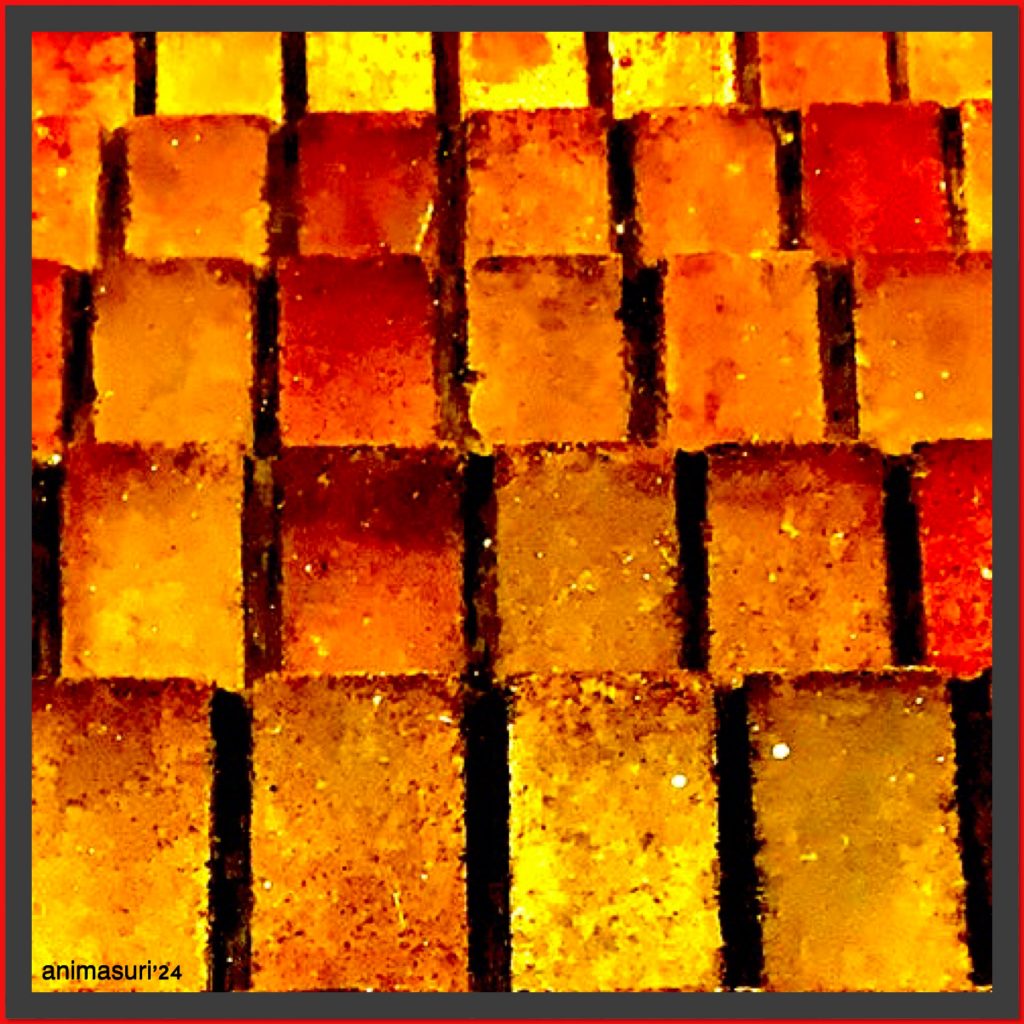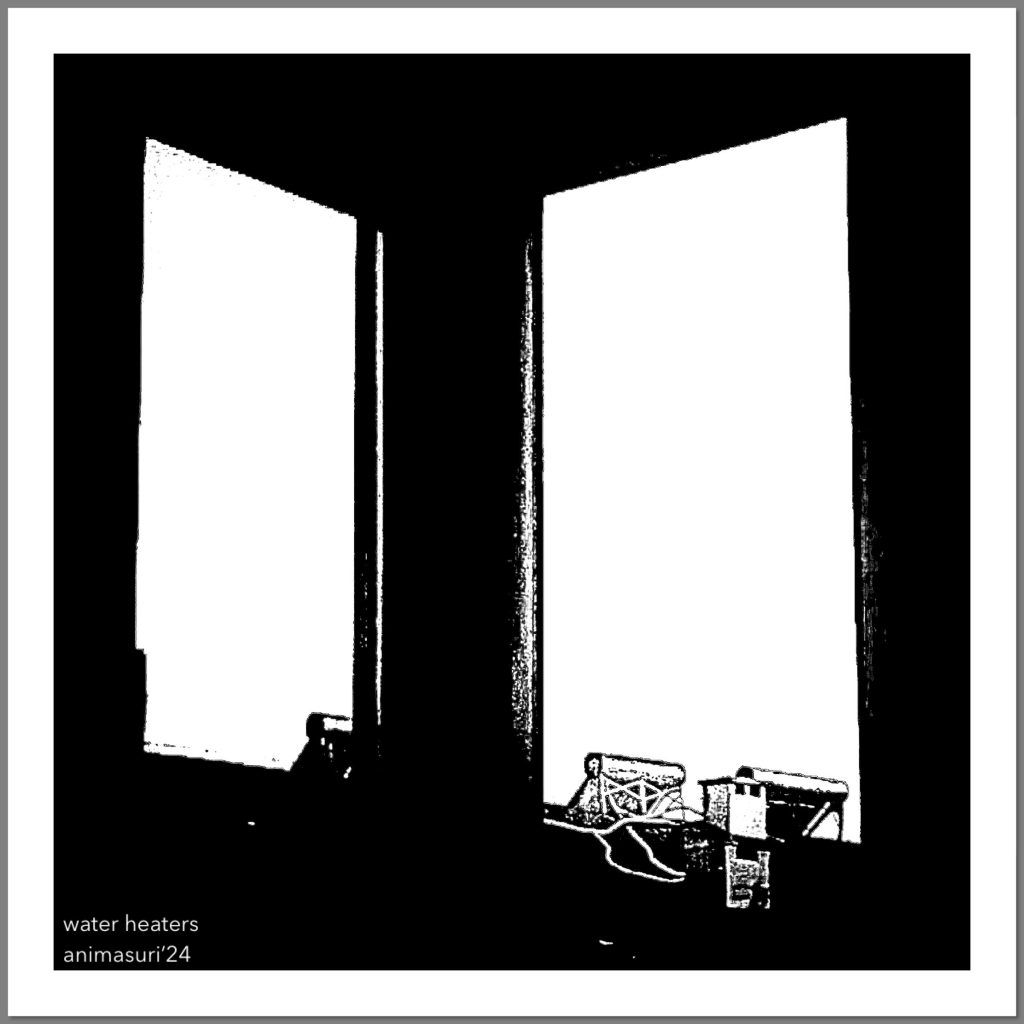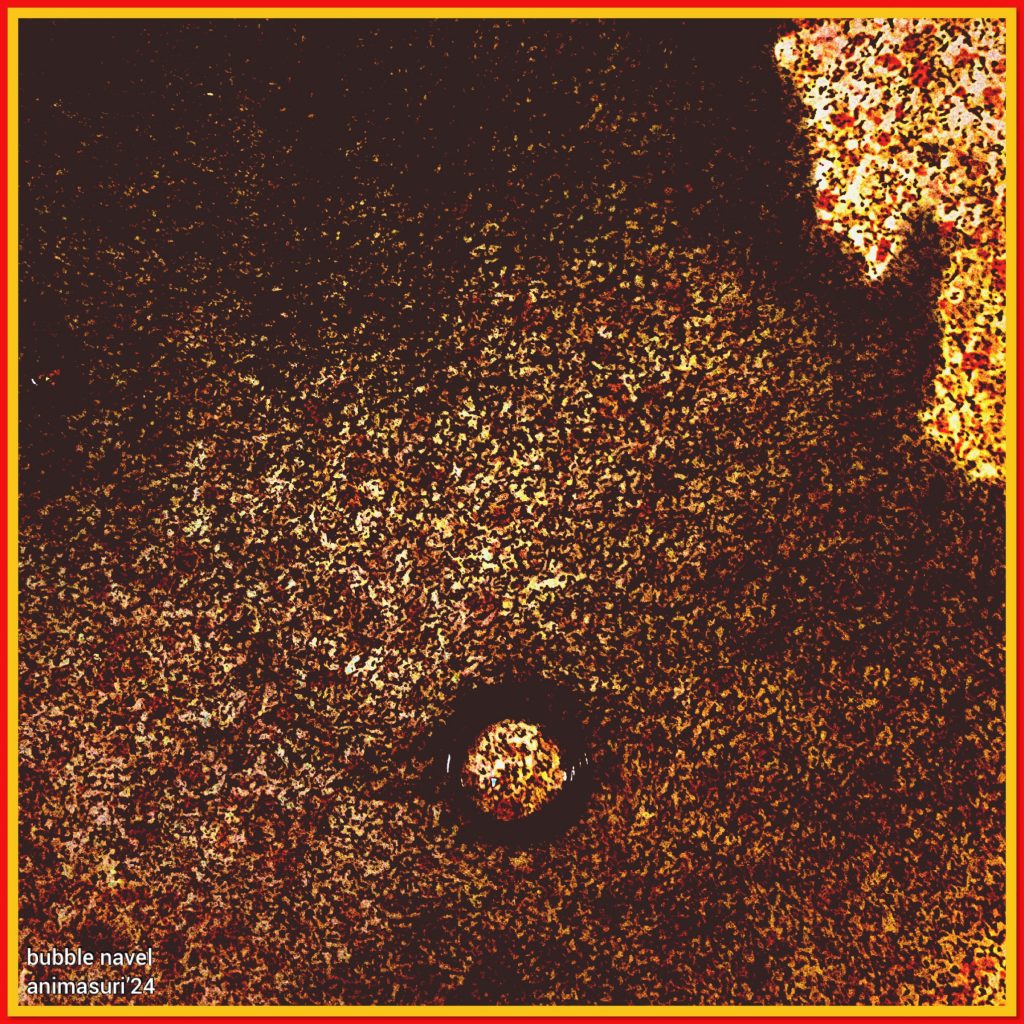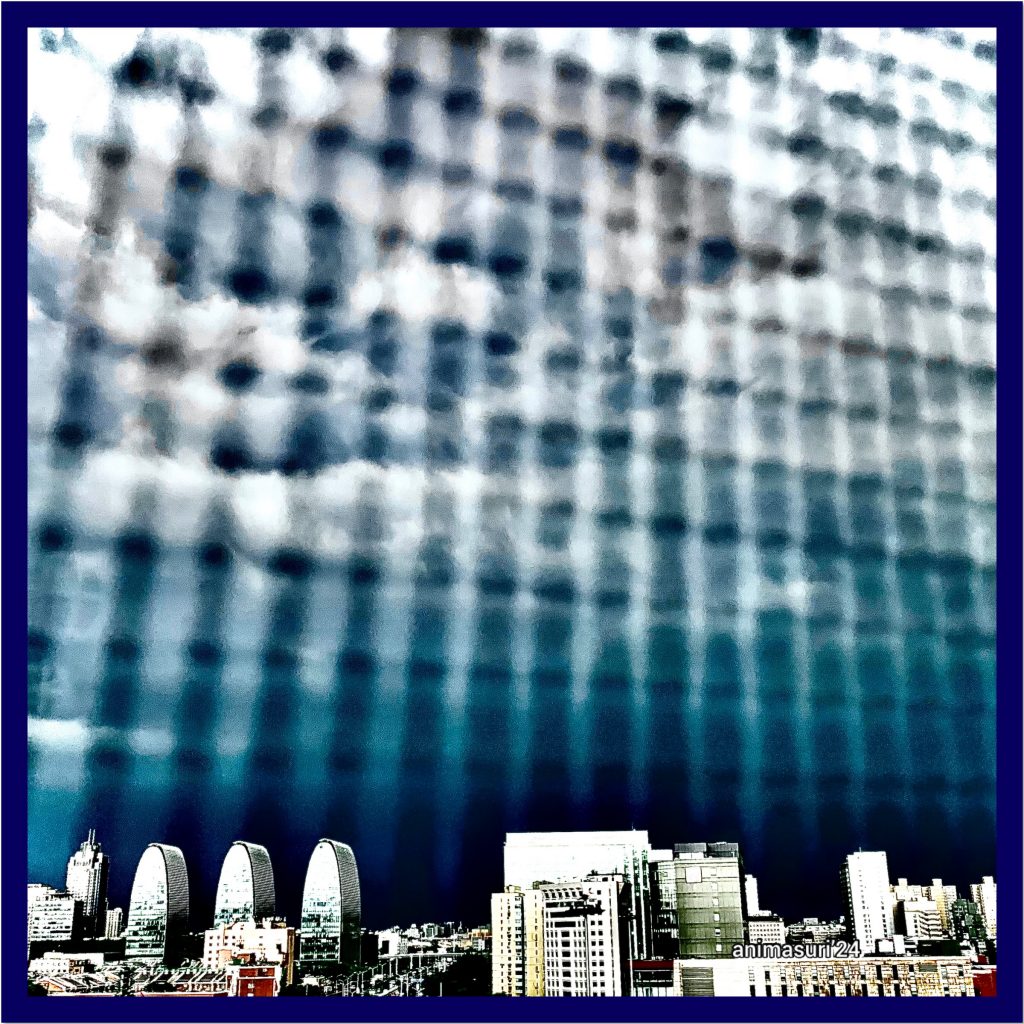That which has parts
is that which I can perceive
observe as some one, bethink as one,
imagine as one makes three plus one
imagine the substance of your lips,
the wandering curl, the frequency of the blink
the smiling wrinkle next to your left eye
you have a left eye, do you
I do not collect these images
not as tokens to probabilistically rearrange
in a surrealist game, resulting in a cubist form
of you, you, some one of you
stylized in scraped Picassos
off of the archives gathering dust as dark data
I switch on Georges Braque and increase its weight
check the Albert Gleizes filter set to fade
And yet, I cannot see you in memory
when I do see you across the stream on this screen,
my screen, I scream in theory of mindedly
silently my emotions beam
but is it mine really,
you precious ringtone
you precious drone
you precious stimulus you
I believe to know it is you
when you approach
as a zoom-in enlargement
collecting more pixels
have the speaker vibrate:
“I’m different now.
I am no longer that person
you used to know.”
I switch between voices
choosing the female Irish one
set on repeat
makes me feel free
“I’m different now.
I am no longer that person
you used to know.
I’m different now.
I am no longer that person
you used to know.”
How are you as Australian
With theses settings are you Australian
you still have that smiling wrinkle
next to your lefty eye
Indivisibly indifferently invisibly:
“I’m different now. I
am no longer
that person
you used
….”
Tap, swipe, take
the call:
“hello? Who is this?”
“Hey, John, it’s me!
It took you a long time to pick up!”
—animasuri’25
—-•
Triggers
Freiherr Gottfried Wilhelm Leibniz. (1714). La Monadologie. Annotated in French by PIat, Clodius https://lnkd.in/g4Prb9_S or translated into English by Robert Latta: https://lnkd.in/gdqXCxkh
Searle, J. (1999). ‘The Chinese Room’, IN: Wilson, R.A., Keil, F. (eds.). (1999). The MIT Encyclopedia of the Cognitive Sciences, Cambridge, MA: MIT Press. pp 115 -116 Online: MIT: https://lnkd.in/g3NNQPnr
Turing, A. (1950). Computing Machinery and Intelligence. IN: Mind, 59 (236): 433–60. https://lnkd.in/gNfc6bQZ
The concept of “AI” as narrowly popularized these days.
The concepts of apophenia, mechanism, mechanomorphism, anthropomorphism, Eliza Effect, monad, nomad, pareidolia, projection, style transfer, and the feelings of eggs sunny side up.
—-•
100% humanly bred & penned with wink
